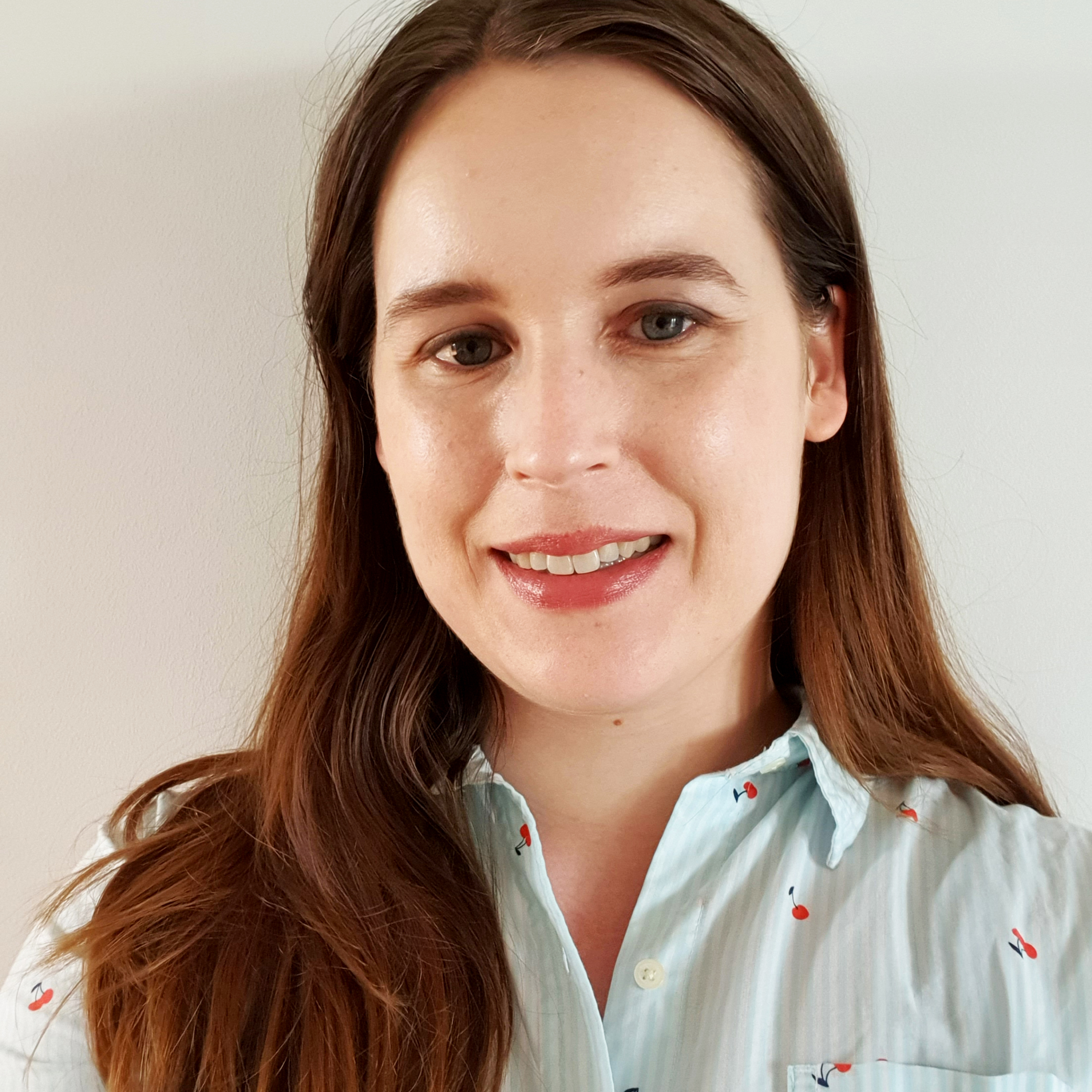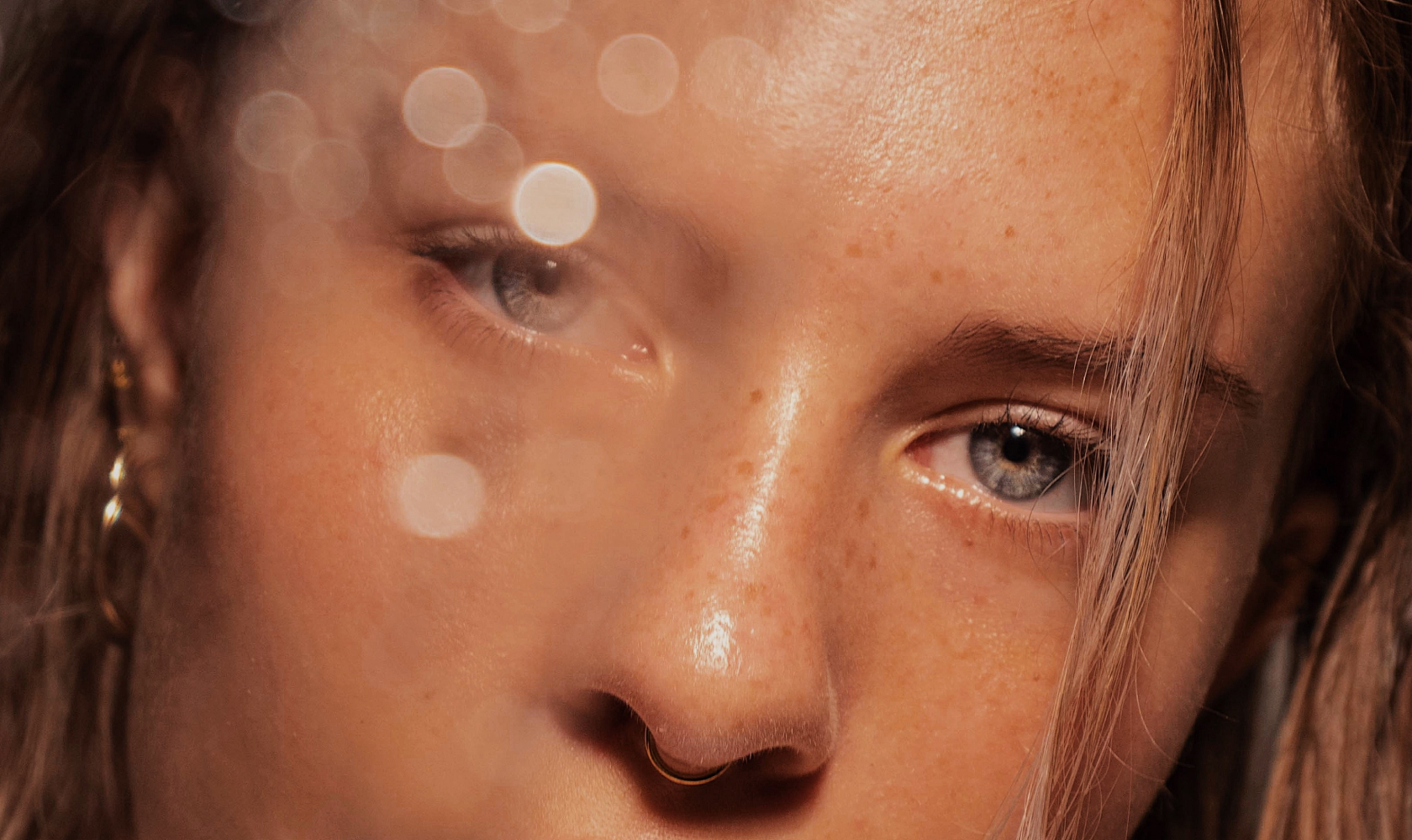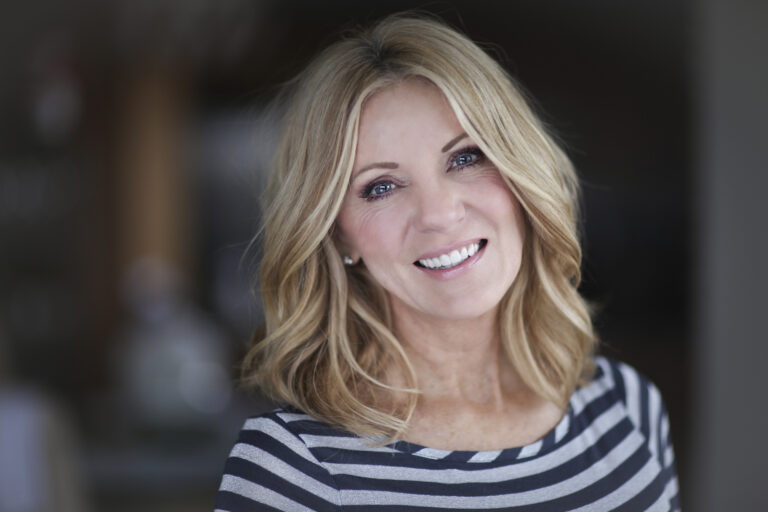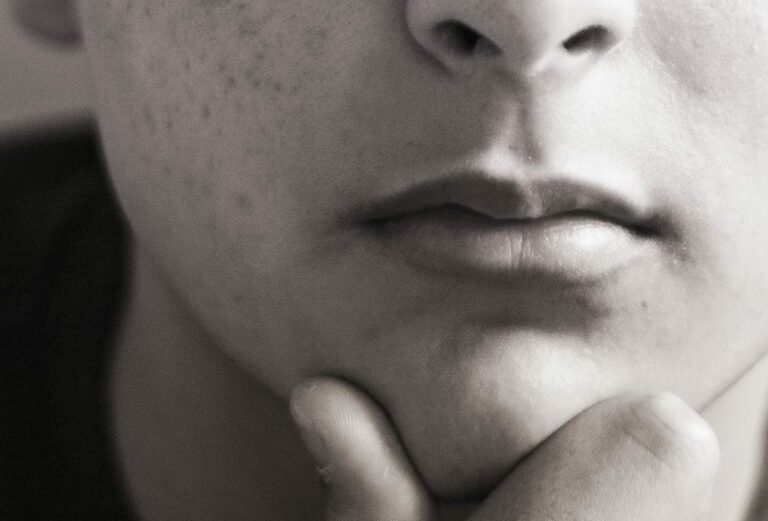
Mental Health
At Self London, we know that the body and the mind are connected. All our experts are passionate about supporting the whole person to develop skin confidence and self-esteem. This approach is known as psychodermatology: the study of how our physical bodies, our mental health, and wider wellbeing are all intrinsically linked.
Having a dermatological condition may make your skin look and feel different, it may be painful and time-consuming to manage, it may impact on your relationships and on your ability to focus on your work. It may prevent you from getting active, doing fitness, and generally doing the things you enjoy.
Psychodermatology also reminds us that the link between our skin and our mental health goes both ways. Stress can be an important trigger in some common inflammatory skin conditions such as psoriasis, rosacea, and eczema.
Why would I have a psychodermatology appointment?
Your Self London consultant dermatologist may recommend that you see Dr Chatburn for an appointment as part of your medical or cosmetic dermatology assessment or to support your ongoing treatment. You can also book a clinical psychology consultation via GP referral or with her directly if you would like some space to explore the psychological and social burden of living with a skin condition, and to discuss what a psychological treatment might involve.
What does psychodermatology treat?
Dr Chatburn is able to help you with a wide range of mental health and wellbeing issues that may be related to having a skin condition or concern, which may include:
- body image problems
- body dysmorphic disorder and “acne dysmorphia”
- low self-esteem
- low mood
- anxiety problems
- relationship difficulties
- stress
- living with a visible difference
- adjusting to a newly-diagnosed skin condition
- body-focussed repetitive behaviours such as skin-picking (excoriation), hair-pulling (trichotillomania) and nail-biting.
- anxiety about undergoing medical procedures
- psychological approaches to itch management
- problems connected to social media usage
- pre-cosmetic dermatology psychological assessment
Dr Chatburn offers psychological assessment and consultation, as well as therapy packages. Dr Chatburn’s primary therapeutic modality is Cognitive Behavioural Therapy (CBT), which she will personalise based on your unique needs and goals. She also draws on “third-wave” CBT approaches, which include ideas from Acceptance and Commitment Therapy (ACT) and Compassion Focused Therapy.
CBT sessions typically occur fortnightly and last for up to 50 minutes. Treatment usually consists of 5 to 10 sessions, but the number of recommended sessions will be advised after the initial assessment. Dr Chatburn is available for both in-clinic and virtual appointments.
What is CBT?
Cognitive Behavioural Therapy (CBT) is a type of psychological therapy. It is based on the central idea that our thoughts, our feelings, what we do, and how our bodies feel, are all connected, and that changing one of these can alter all the others.
When we are distressed, we often fall into patterns of thinking and responding which can seem like they help in the moment, but in the longer term they can actually keep the problem going. CBT works by helping us to notice when we fall into these traps and to find ways of responding that support us to feel better.
Following a comprehensive assessment, your therapist will work with you to develop a shared understanding of how your problem developed and what may be keeping it going (this is also called a psychological “formulation”). This formulation will then guide the shape of the treatment, which will also be informed by identifying some specific goals that you want to work towards.
CBT is sometimes called a “talking therapy” but more accurately it should be described as a “doing therapy”. It is an active, time-limited, structured approach (Beck, 1979) where you work collaboratively with your therapist to make changes that may ultimately lead to living a richer, more meaningful life.
What is the evidence base for CBT for people with skin conditions?
CBT is an evidence-based psychological approach, which means that there are scientific studies that have demonstrated its effectiveness for many different people and problems. We know that CBT works well for a range of mental health and body image problems as well as some physical health conditions (you can read more about its evidence base ).
Individual CBT has been tested in a variety of dermatology settings and a recent scientific systematic literature review confirmed that CBT-based psychological interventions are beneficial to people with skin conditions (Lavda, Webb, and Thompson 2012).
To learn more about what CBT involves, including a brief animated video explainer, visit the UK professional body for CBT therapists, the BABCP here.

DR ELEANOR CHATBURN
BSc BA MA DClinPsy CPsychol
Dr Eleanor Chatburn is a registered clinical psychologist (HCPC), mental health educator, and researcher. She holds professional registration as a practitioner psychologist with the Health and Care Professions Council and she is a chartered membership of the British Psychological Society In addition, she is accredited as a Cognitive Behavioural Therapist with the British Association for Behavioural and Cognitive Psychotherapies.
Dr Chatburn’s passion for supporting the mental health and wellbeing of dermatology patients is informed by her lived experience with several chronic skin conditions. She offers psychological assessment and therapy to Self London’s medical and cosmetic dermatology patients as well as expert help for a range of mental health and wellbeing issues arising from skin condition or concerns.
She has a warm, compassionate approach and enjoys working collaboratively to help people gradually learn to become their own therapist.
At Self London, as a multidisciplinary team of experts, we work closely together to think about which treatment approaches may suit you best.
Our consultant dermatologists may therefore suggest that you book an appointment with our clinical psychologist as part of your medical or cosmetic dermatology assessment, or you may choose to book an assessment with Dr Chatburn directly or via GP referral.




